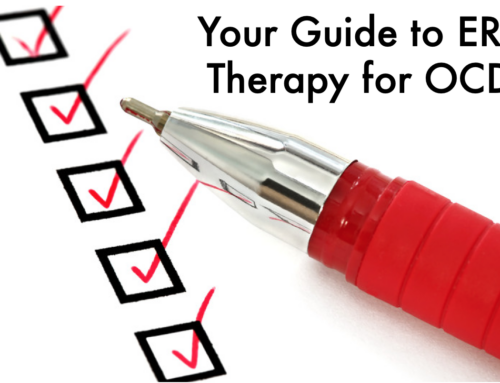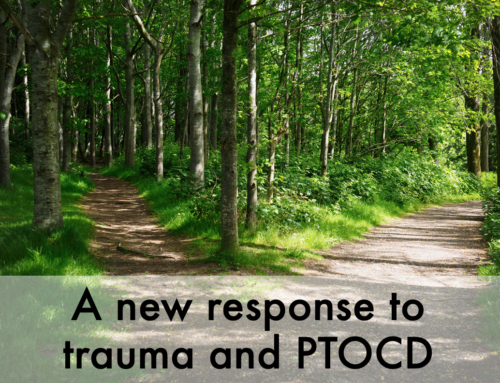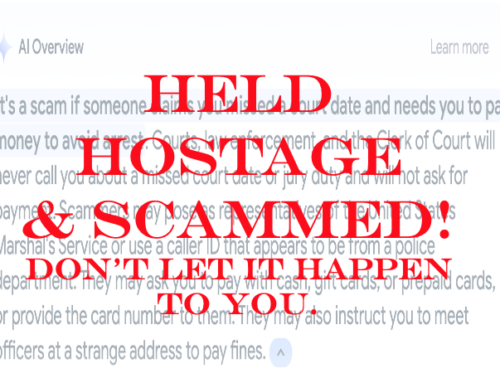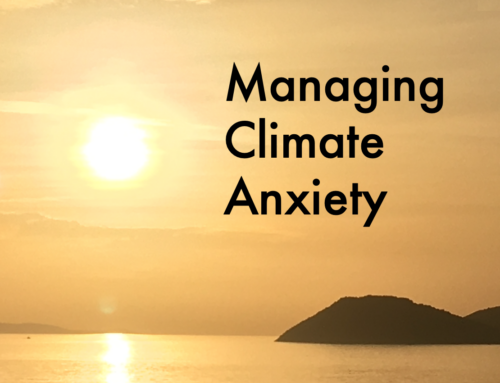As the U.S. endures another wave of the COVID-19 pandemic, many people are wondering when this wave—and the pandemic itself—will be over.
I’ll give my opinion about this question by quoting the author of “The blunt truth about what comes next with Covid-19”:
“No one knows. I repeat: no one knows. No one can know. Which means even though we might be approaching an awkward start-stop, yes-no, relax-panic, “is it really over?” phase, we are stuck flying blind.”
You might think if you have OCD, this new wave is going to be especially bad news for you: more to worry about (especially if you have contamination fears or health anxiety), more effort to try to follow public health guidance without doing compulsions, more opportunities for OCD to find new things to bother you about.
You’re more resilient than you think if you have OCD
 But according to a recent study, “OCD in the time of COVID-19: A global pandemic’s impact on mental health patients and their treatment providers,” that’s not necessarily the case. In the study’s abstract, the authors state the opposite: “Findings support previous literature indicating that individuals with OCD demonstrate resilience to large-scale crises.” In fact, according to this study, those of us with OCD may even be handling this better than our therapists (unless your therapist also has OCD, of course).
But according to a recent study, “OCD in the time of COVID-19: A global pandemic’s impact on mental health patients and their treatment providers,” that’s not necessarily the case. In the study’s abstract, the authors state the opposite: “Findings support previous literature indicating that individuals with OCD demonstrate resilience to large-scale crises.” In fact, according to this study, those of us with OCD may even be handling this better than our therapists (unless your therapist also has OCD, of course).
Let’s pause a minute to take this in one more time: “individuals with OCD demonstrate resilience to large-scale crises.”
You’re an expert at managing the unknown
I’m not surprised by these findings. As Ethan Smith, Kimberley Quinlan, and I discussed in our blog for the IOCDF called “Why the OCD Community Holds the Key to Coping with COVID-19 Anxiety,” people with OCD who go through exposure and response prevention therapy (ERP), the evidence-based therapy for OCD, become experts at facing fears of the unknown. Perhaps those of us with OCD do well during times of crisis like the pandemic because…
- these times are all about uncertainty (as illustrated by the quote at the beginning of this blog),
- OCD is based on an intolerance of uncertainty, and
- ERP teaches us live with and embrace uncertainty, because doing so is how we reclaim our lives.
You got this
Everyone is making decisions in the face of lots of unknowns right now. In fact, the subtitle of my favorite article about how to manage risk in the face of the delta variant says it all: “Delta Has Changed the Pandemic Risk Calculus: If you’re confused about what you can do right now, you should be.” Which also means that if you’re confused, you’re not alone.
If you think OCD is part of your confusion, you can refer to the blog post that Reid Wilson, PhD; Kimberley Quinlan, LMFT; and I wrote at the beginning of the pandemic for tips on how to try to take OCD out of your decision-making equation.
And most importantly, remember this: “Findings support previous literature indicating that individuals with OCD demonstrate resilience to large-scale crises.” Even though many things are still up in the air and that may create all sorts of challenges, if you have OCD and especially if you have done or are working on ERP, you are more resilient than you know, and you got this.
If you’d like to learn more about how I think about resilience in OCD recovery, see Chapter 19, “A New Rule #1” in Is Fred in the Refrigerator? Taming OCD and Reclaiming My Life.
Learn more about taming OCD
Sign up for my Shoulders Back! newsletter to receive OCD-taming tips & resources, including notifications of new blog posts, delivered every month to your inbox.
My blogs are not a replacement for therapy, and I encourage all readers who have obsessive compulsive disorder to find a competent ERP therapist. See the IOCDF treatment provider database for a provider near you. And never give up hope, because you can tame OCD and reclaim your life!
© Can Stock Photo / DreamLand_Media







This is so true. My ocd was like a test to prepare me for the pandemic almost lol I got through the pandemic with no panic and little anxiety.